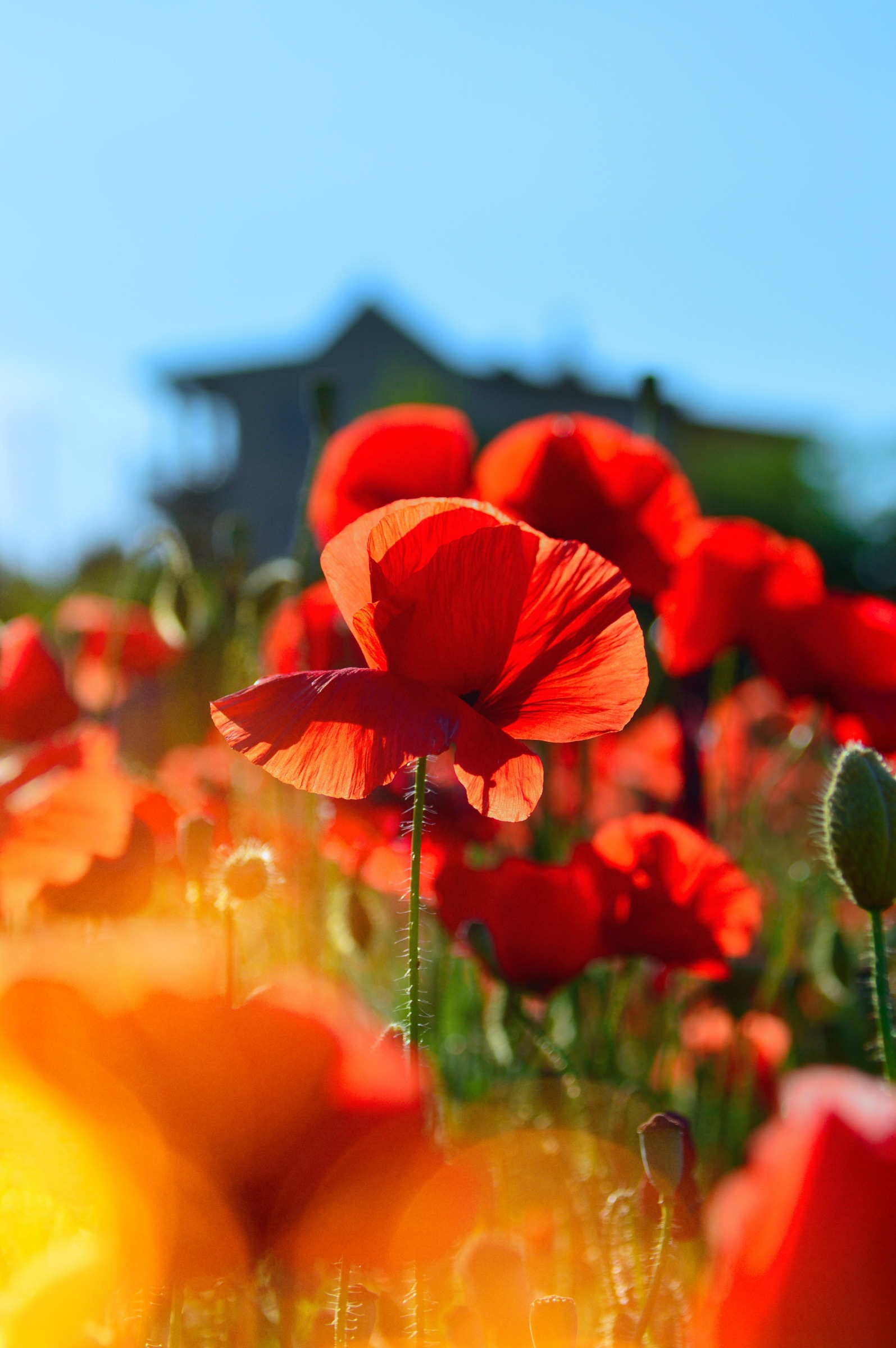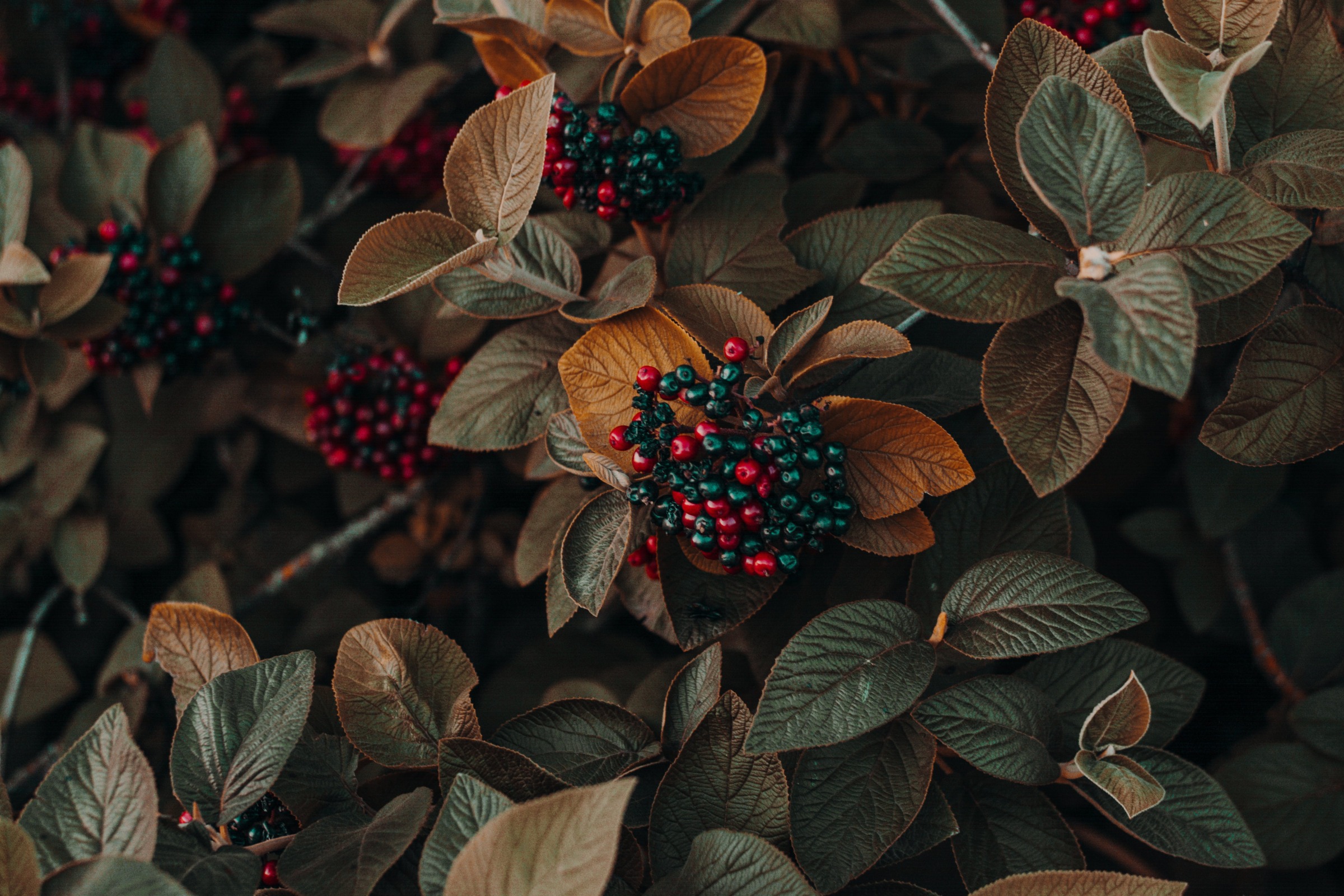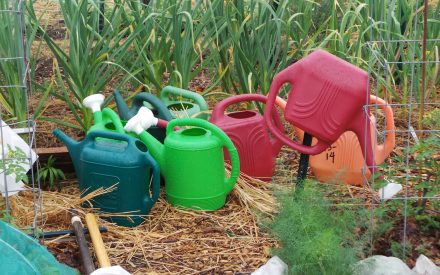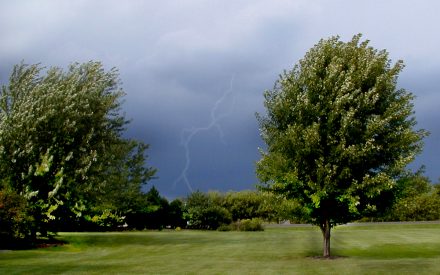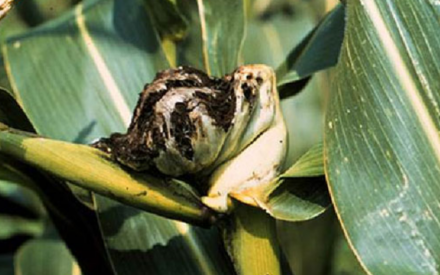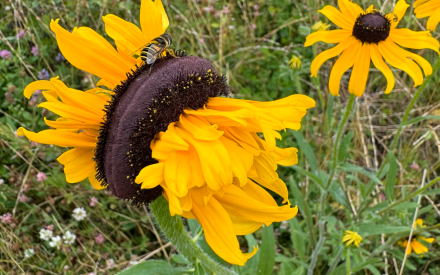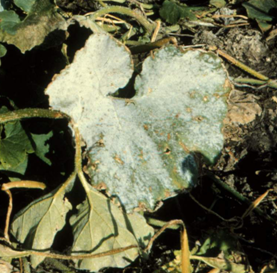
Powdery Mildew
Hosts: Herbaceous and woody ornamentals, fruits, vegetables, turf
Pathogens: Miscellaneous powdery mildew fungi
Signs/Symptoms: Powdery white growth on leaves
Find more powdery mildew information for…
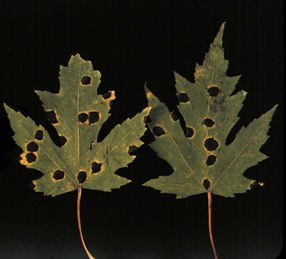
Tar Spot
Hosts: Maples
Pathogen: Rhytisma spp.
Signs/Symptoms: Tarry areas (either solid spots or clusters of small spots) on leaves
More information on tar spot
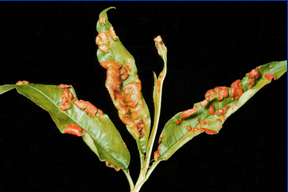
Peach Leaf Curl
Hosts: Peach
Pathogen: Taphrina deformans
Signs/Symptoms: Light-green, yellow or purplish-red puckered areas on leaves
More information on peach leaf curl

Sooty Mold
Hosts: Any plant
Pathogen: Miscellaneous sooty mold fungi
Signs/Symptoms: Powdery black growth on leaves or needles
More information on sooty mold
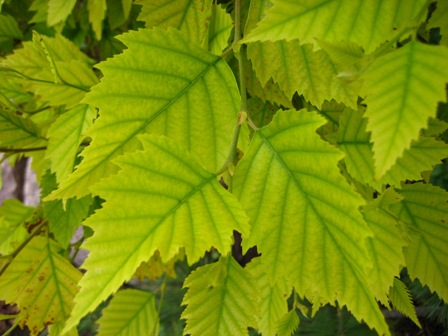
Chlorosis
Hosts: Oak, red maple
Cause: Iron or manganese deficiency, often induced by high soil pH
Signs/Symptoms: Yellow leaves with dark green veins
More information on chlorosis
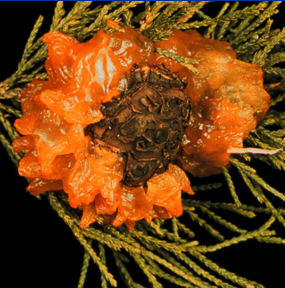
Gymnosporangium Rusts
Hosts: Juniper, apple, crabapple, hawthorn, quince
Pathogen: Gymnosporangium spp.
Signs/Symptoms: Brown blobs with orange gelatinous masses (juniper); yellow/orange leaf spots (other hosts)
More information on Gymnosporangium rusts
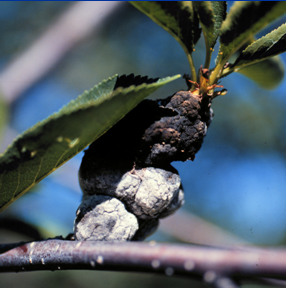
Black Knot
Hosts: Prunus spp. (plum and cherry)
Pathogen: Apiosporina morbosa
Signs/Symptoms: Black poop-like growths on branches
More information on black knot
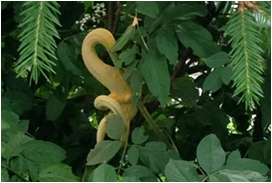
Elderberry Rust
Hosts: Elderberry
Pathogen: Puccinia sambuci
Signs/Symptoms: Light yellow, powdery growths on branches
More information on elderberry rust
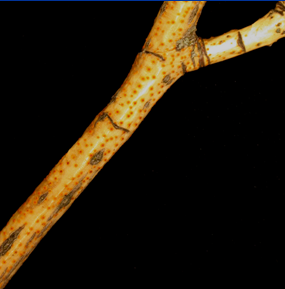
Golden Canker
Hosts: Pagoda dogwood
Pathogen: Cryptodiaporthe corni
Signs/Symptoms: Gold-colored branches with orange spots
More information on golden canker
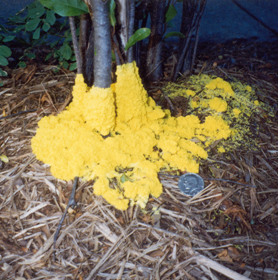
Dog Vomit Slime Mold
Hosts: Any plant and on mulch
Cause:Fuligo septica
Signs/Symptoms: Scrambled egg-like masses on mulch or at the base of plants
More information on slime molds
Authors: Brian Hudelson, UW-Madison Plant Pathology
Last Revised: 03/02/2024
D-number: D0112
Thanks to Diana Alfuth, Mike Maddox and Ann Wied for reviewing this document.
A complete inventory of UW Plant Disease Facts is available at the University of Wisconsin-Madison Plant Disease Diagnostics Clinic website: https://pddc.wisc.edu.
Send a Plant Sample for Analysis
Be cautious when self-diagnosing plant health issues. Very few diseases can accurately be diagnosed by eye.
Contact the UW Plant Disease Diagnostics Clinic (PDDC), and for a small fee, clinic staff can examine a plant, determine the cause of the disease/disorder, and provide advice on how to control or prevent the issue.



